Jakarta: A Vibrant and Diverse Metropolis
Jakarta, the capital city of Indonesia, is an urban marvel that seamlessly blends its deep historical roots with the dynamic energy of modernity. Located on the northwest coast of Java, Jakarta is characterized by its bustling streets, vibrant culinary scene, and a rich cultural tapestry that reflects the diversity of the Indonesian archipelago. This article delves into the unique character of Jakarta, exploring its history, culture, attractions, and urban lifestyle.
Geography and Climate
Settled on Java, one of the world's most densely populated islands, Jakarta is located at a strategic and fertile delta on the island’s northern coast. The city is divided into 65 administrative districts, and its central area is flanked by the Citarung and Batang rivers. Its geographical position has historically made Jakarta a crucial maritime nexus within the Indonesian archipelago, connecting it to the extensive network of islands and Southeast Asia.
The climate of Jakarta is humid tropical, with distinct monsoon seasons. The city experiences heavy rainfall from November to April and a slightly less rainy period from May to October, marked by cooler temperatures and higher humidity. The highest temperatures can reach up to 35°C, while the humidity hovers around 80%. Despite the climatic challenges, this climate has fostered an environment rich in vegetation and wildlife, which can be observed in the surrounding areas and some of Jakarta’s green spaces.
History and Cultural Heritage
Jakarta has a history that spans over 700 years. It was initially named Sunda Kelapa, a small harbor settlement established by the Sundanese people in the 14th century. In 1527, Jayakarta, also known as Sunda Diranai, was founded by Prince Jayanasa, marking the beginning of a powerful trading port. In 1619, the Dutch East India Company established its colonial headquarters in Jayakarta, which they renamed Batavia. Over time, Batavia would become the capital of the Dutch East Indies and a hub for trade and culture, eventually leading to Jakarta's current status as Indonesia's largest city.
The city's historical legacy is evident in various cultural sites such as the National Museum, the Presidential Palace, and the Kota Tua, or Old Town. These sites showcase the architectural and cultural influences of different civilizations and dynasties that have shaped Jakarta's identity. The city is also home to various religious communities, reflecting Indonesia's diverse religious landscape. Temples, mosques, churches, and temples coexist peacefully, adding to the city's rich cultural diversity.
Economy and Urban Life
Today, Jakarta is the economic and political heart of Indonesia. The city plays a pivotal role in the nation's economic growth, with a bustling business district and a thriving financial sector. Major corporations and government offices are headquartered in the central business district, making Jakarta the nerve center of Indonesian commerce. The city is home to numerous multinational companies, contributing to its cosmopolitan atmosphere and providing employment opportunities for its residents.
Despite its modern achievements, Jakarta faces numerous challenges. The city is one of the fastest-growing urban areas in the world, with a population of over 10 million people in the city limits and an estimated 30 million in the greater metropolitan area. This rapid population growth has led to issues such as traffic congestion, air pollution, and environmental degradation. The city has implemented various initiatives to address these challenges, including infrastructure development, public transportation improvements, and green space preservation.
Culture in Jakarta is alive and diverse, with influences from various regions of Indonesia and global cultures. The city hosts numerous festivals and cultural events throughout the year, celebrating the arts, food, and traditions. Street markets, known as “pasar,” are a testament to the city's vibrant cultural life, offering a wide variety of goods and culinary delights. The city's culinary scene is a melting pot of flavors, from traditional Indonesian cuisine to international dishes, reflecting the diversity and fusion of cultures in Jakarta.
Attractions and Tourism
Travelers to Jakarta are drawn by a range of attractions that showcase the city's rich history and diverse culture. The National Museum, established in 1849, houses a vast collection of artifacts and exhibits that tell the story of Indonesia's history before and after the arrival of the Dutch. The museum is a treasure trove for history enthusiasts and art connoisseurs, offering insights into the cultural heritage and national identity of the country.
Adjacent to the National Museum is the Jakarta Old Center, a cluster of colonial-era buildings that provide a glimpse into the city's Dutch colonial past. Notable landmarks include the Presidential Palace, a beautiful neo-renaissance structure that served as the residence of Indonesia's presidents from 1945 to 1999. Today, the palace hosts cultural events and is a popular tourist spot.
The city's architecture also showcases a blend of different styles, ranging from traditional Indonesian to modern skyscrapers. Some of the tallest and most iconic buildings include the Monas (Monolith of National Monument), which stands at 132 meters and symbolizes the independence of Indonesia. The building houses the National Monument, which was erected in 1961 to honor those who lost their lives in Indonesia's fight for independence.
One of the city's most popular attractions is the Senayan Cultural Park, a sprawling green space that offers a diverse array of activities and facilities. The park is home to the Indonesian National Library, a cultural center, and various museums. The adjacent Cilandak Bay, a water treatment facility turned public park, provides a peaceful retreat from the hustle and bustle of the city. Visitors can enjoy boating, bird-watching, and relaxation in the natural surroundings.
In addition to its historical and cultural attractions, Jakarta is renowned for its vibrant street life. The city's famous pasar or markets are a hub of social and cultural activity. Pasar Senen Market, one of the largest markets in Jakarta, offers a dizzying array of goods, from fresh produce and textiles to traditional crafts. Here, locals and visitors alike can immerse themselves in the vibrant atmosphere and authentic experiences that the city has to offer.
Another iconic attraction is the Gereja Santo Theresia, a beautiful Catholic church that stands out in the city's skyline. The church, built in the early 20th century, is a prime example of the colonial architectural style and a place of historical and religious significance. Its stunning stained-glass windows and intricate decorations make it a must-visit for tourists interested in the city's religious diversity and cultural heritage.
Conclusion
As Jakarta continues to evolve, it remains a city where past coexists with present, and diverse cultures thrive in harmony. This vibrant metropolis offers a unique blend of historical richness, modern urban development, and cultural diversity, making it one of the most compelling destinations in Southeast Asia. Whether exploring its historical sites, experiencing its bustling marketplaces, or simply wandering through its vibrant streets, visitors to Jakarta find a city that is both welcoming and full of surprises. The future of Jakarta holds promises of continued growth and development, while its rich cultural heritage and warm hospitality ensure that it remains a captivating and unforgettable destination for travelers from around the world.
Nightlife and Entertainment
Jakarta’s nightlife is as varied and energetic as its daytime activities. For those seeking entertainment, the city offers a vibrant and diverse array of venues, from traditional teahouses to cutting-edge nightclubs and theaters. Taman Sereal, an iconic street in Central Jakarta, is a hotspot for young professionals and students to dance the night away. The area is lined with trendy bars and clubs that attract a mix of locals and tourists.
For something more low-key, Jakarta’s tea houses offer a relaxing evening experience. These traditional spaces invite patrons to engage in the cultural ceremony of brewing and consuming traditional herbal teas like wedang rojo or jali-jali. These establishments often serve as cozy spots for meetings, casual get-togethers, and cultural exchanges.
Culinary Delights
Food tourism is a major draw for many visitors to Jakarta. The city boasts a culinary landscape that is as diverse as its population. Street food vendors line the streets of Jakarta, offering a vast array of local delicacies. From satay skewers and nasi goreng (fried rice) to soto (a soup made with meat, vegetables, and noodles), visitors can indulge in a myriad of flavors that reflect the rich and varied culinary history of Indonesia.
One of the most popular street food stalls is found in the Jalan Surabaya area, where you can sample local favorites like gado-gado (vegetable salad with peanut sauce) and es doger (ice cream with condensed milk and banana). The city also has numerous food markets and food courts, such as Pasar Baru and Kota Tua Market, where you can try an array of local dishes and regional specialties.
In recent years, Jakarta has also emerged as a dining destination for its sophisticated gastronomic experiences. High-end restaurants, international cuisine, and innovative fusion restaurants have sprung up, catering to a discerning clientele. Places like Al Marjan, which serves Arabic-style dishes, and Cepilé, a contemporary Peruvian joint, are attracting foodies and chefs from around the world. Jakarta also hosts several gastronomic events and food festivals throughout the year, showcasing the best of Indonesian cuisine.
Sports and Outdoor Activities
Sports and outdoor activities are also popular among Jakartans. The city has a thriving sports scene with multiple venues for major sports events. Gelora Bung Karno Stadium, one of the largest stadiums in Southeast Asia, hosts football matches, concerts, and other significant sporting events. The stadium is also home to the iconic Gelora Bung Karno Indoor Sports Complex, which features basketball courts and a gymnasium.
For outdoor enthusiasts, Taman Senayan offers a range of recreational activities. This large park is a great place for jogging, cycling, and picnicking. It is well-known as a central meeting point for joggers in the early mornings and evenings. Additionally, Taman Pintardaran in North Jakarta is a beautiful botanical garden that provides a tranquil escape from the city hustle and bustle. Visitors can enjoy a serene walk through the lush gardens and even participate in bird-watching activities.
Beyond these formal areas, Jakarta's natural landscapes offer opportunities for more adventurous activities. The nearby Mount Menteng offers hiking trails and spectacular views. For more adrenaline seekers, the city is home to several skydiving and bungee jumping centers, providing a thrilling way to take in the panoramic views of the city skyline.
Gardens and Parks
Green spaces are crucial in a city as dense as Jakarta. The city has several parks and gardens that provide residents and visitors with much-needed tranquility. Taman Sayangi is a charming children's park with plenty of play structures and picnic areas. Nearby, the Botanical Garden of Jakarta, spread across over 29 hectares, is a haven for nature lovers and botany enthusiasts. Here, visitors can explore exotic plants and trees from all over the world, including the giant Ficus elastica and a wide variety of orchids.
Taman Suropati, known as Jakarta's central park, is a favorite among locals for its numerous attractions and facilities. It includes a golf course, tennis courts, a lake, and various pavilions for hosting events. The park is particularly vibrant during weekends when families gather for picnics and games.
Ruang Mulia Green City is another notable park, offering a quiet respite from the city noise. This space includes a children's playground, flower displays, and walking paths. It is a popular spot for morning walks and leisurely strolls amidst the urban jungle.
Beyond these larger parks, Jakarta has a network of smaller, neighborhood green spaces that contribute to the overall quality of life. These parks are often adorned with statues, fountains, and benches, making them ideal for relaxation and recreation.
Shopping and Malls
Shopping in Jakarta is a thrilling adventure, blending both local and international brands. The city boasts a variety of shopping malls, ranging from high-end luxury boutiques to large outlet centers like CitraMall and Plaza Indonesia. Jakarta Plaza, formerly Garuda Plaza, is a popular mall that offers a mix of designer stores, food courts, and cinemas.
For those seeking more exclusive experiences, malls like Grand Indonesia and Pacific Place feature upscale fashion brands and designer outlets, providing a taste of global luxury. The Galeries Lafayette, an elegant Parisian-inspired mall, is renowned for its exquisite fashion and gourmet offerings.
In addition to these modern malls, traditional shopping districts remain a significant part of Jakarta's shopping culture. Pasar Senen, the largest traditional market in Jakarta, offers a plethora of goods, from clothing and electronics to handicrafts and spices. Night markets, especially in areas like Ciliwung Road, come alive with stalls selling everything from fresh fruits and vegetables to street food and souvenirs.
For book collectors and bibliophiles, Jakarta has two major book markets. Pasar Senen is known for its book stalls and rare editions, while the Istora Senayan market also offers a wide selection of books and stationery items. These markets are particularly popular on Sundays and Wednesdays, when crowds gather for the weekly book fairs.
Culinary Experiences Beyond Street Food
In addition to street food, Jakarta offers a variety of dining options for a more refined culinary experience. High-end restaurants such as Cepilé, which focuses on Peruvian cuisine, and Amanat, which serves Arabic-inspired dishes, are popular among both locals and tourists. These establishments pride themselves on using fresh ingredients and innovative cooking techniques.
Luxury dining experiences extend beyond these well-known restaurants. Several five-star hotels offer excellent dining options. The Mandarin Oriental Jakarta has a Michelin-starred restaurant called Mo Bar, which serves contemporary Indonesian cuisine with a fusion twist. Similarly, The St Regis Jakarta offers an exquisite dining experience with its own Michelin-starred restaurant, La Petite Maison, which excels in creative French cuisine.
Cafés and bistros also offer a more relaxed dining environment. Cafés such as Café de la Paix, with its colonial-style decor and cozy atmosphere, are perfect for a leisurely breakfast or afternoon tea. These locations often serve both local and international dishes, creating a comfortable setting for dining and conversation.
Food courts in malls provide a convenient yet diverse dining option. They typically house a range of restaurants and food stalls, offering both familiar brands and innovative local cuisine. Mall-based food courts are especially popular among working professionals and families looking for quick and delicious meals amidst the urban landscape.
Conclusion
As Jakarta continues to grow and evolve, it remains a city that captivates with its unique blend of history, culture, and modernity. Whether exploring its rich historical sites, immersing oneself in vibrant street life, indulging in diverse culinary delights, or experiencing the city's dynamic entertainment scene, Jakarta offers a wealth of experiences for visitors and residents alike. The city's ongoing commitment to sustainability and development ensures that its future holds even more potential. Jakarta is not just a city; it is a journey—a journey that continues to unfold every day, inviting all to explore and discover its endless possibilities.
Sustainability Initiatives and Future Prospects
Despite facing significant challenges, Jakarta has taken proactive steps to address its environmental and sustainability concerns. As a city plagued by flooding and overcrowding, Jakarta’s leaders have prioritized sustainable development and green initiatives. One notable project is the Jakarta Bay Barrage, a massive sea barrier aimed at preventing sea-level rise from flooding the city. Additionally, the city plans to expand its green spaces and promote renewable energy through solar panels and wind turbines.
To combat flooding, the Jakarta Waterways Management Office has initiated programs to clear and maintain canals, improve drainage systems, and manage waste effectively. Initiatives like the Jakarta Flood Mitigation Program and community-led efforts to clean up rivers and canals are helping to alleviate the city’s flood-prone areas.
Green spaces are also being promoted through projects like the creation of new pocket parks and the expansion of existing ones. The city aims to increase its urban green cover to at least 30% by 2029. This includes the redevelopment of abandoned lands, turning them into parks and green corridors to improve air quality and reduce the urban heat island effect.
Moreover, Jakarta is investing in smart city technology to enhance sustainability. Smart solutions like automated waste management systems, water monitoring systems, and energy-efficient transport are being implemented. The Transjakarta Bus Rapid Transit (BRT) system, one of the largest BRT systems in Asia, offers a cost-effective and efficient transport option, reducing the number of private vehicles on the road.
Educational initiatives also play a crucial role in shaping sustainable practices. Schools and community centers host workshops on recycling, composting, and conservation. Programs like the Green Jakarta Challenge encourage local communities to adopt green practices through competitions and rewards.
Tourism Growth and Opportunities
As Jakarta evolves, there is significant potential for tourism growth. The city is increasingly promoting itself as a cultural and historical destination. Efforts such as the Jakarta Heritage Corridors Project aim to preserve and restore important historical sites, making them accessible to both residents and tourists. This project includes the restoration of old colonial buildings, temples, and other significant structures, enhancing the city’s appeal as a historical and cultural hub.
Government initiatives like the Jakarta Convention Center are boosting the conference and events sector, catering to a growing number of international and domestic conventions. These centers facilitate business, academic, and cultural exchanges, further increasing the city’s standing as a destination for various events.
Tourism also benefits from the city’s diverse neighborhoods and cultural hotspots. Areas like Kota Tua, Senayan, and the hip Kuningan District offer unique experiences that reflect the city’s rich tapestry of cultures. Boutique hotels, eco-friendly accommodations, and sustainable tourism initiatives are gaining popularity, catering to travelers who prioritize responsible and sustainable travel.
Innovation and technology are also driving tourism growth. Virtual reality tours, augmented reality apps, and digital travel guides are becoming more common, making it easier for visitors to navigate and explore the city. The city government is collaborating with tech firms to develop advanced apps that provide real-time information about traffic, weather, and cultural attractions, ensuring a smoother and more enjoyable experience for tourists.
Challenges and Future Trends
While Jakarta’s future looks promising, it still faces significant challenges. Rapid urbanization and population growth continue to put pressure on infrastructure and resources, necessitating continued investment in urban planning and development. Efficient public transportation systems are critical, and the expansion of BRT systems and mass transit networks remains a priority.
Additionally, the city needs to address issues related to housing, education, and healthcare to ensure equitable development. Programs to provide affordable housing and improve access to quality education and healthcare services are essential components of Jakarta’s development plan. Public-private partnerships and collaborative approaches between the government and non-governmental organizations (NGOs) are crucial in achieving these goals.
Focusing on sustainable tourism, preserving natural and cultural heritage, and promoting eco-friendly practices are vital trends for Jakarta’s future. Community involvement and engagement in decision-making processes will be key to addressing local concerns and ensuring long-term success. Partnerships with international organizations and universities can help Jakarta stay at the forefront of innovation and sustainability practices.
The city’s resilience has been tested during times of crisis, such as the 2004 tsunami and the 2018 fire. These incidents have underscored the importance of preparedness and community response. Continued emphasis on disaster management and emergency preparedness will help Jakarta better cope with future challenges.
Final Thoughts
Reflecting on Jakarta’s journey, it is clear that the city has a complex yet fascinating history marked by significant development and change. While challenges persist, the city’s resilience and proactive approach to sustainable development offer a promising outlook for the future. As Jakarta continues to grow, it must balance modernization with respect for its cultural heritage and the needs of its residents. By embracing innovation, fostering community engagement, and prioritizing sustainable practices, Jakarta can remain a vibrant and dynamic metropolis, continuing to captivate and inspire visitors from around the world.
Whether you are a seasoned traveler or a curious explorer, Jakarta promises an unforgettable voyage. From its historical landmarks and cultural richness to its modern amenities and exciting future prospects, Jakarta offers an unparalleled blend of tradition and progress. Come explore, experience, and embrace the vibrant spirit of this incredible city.


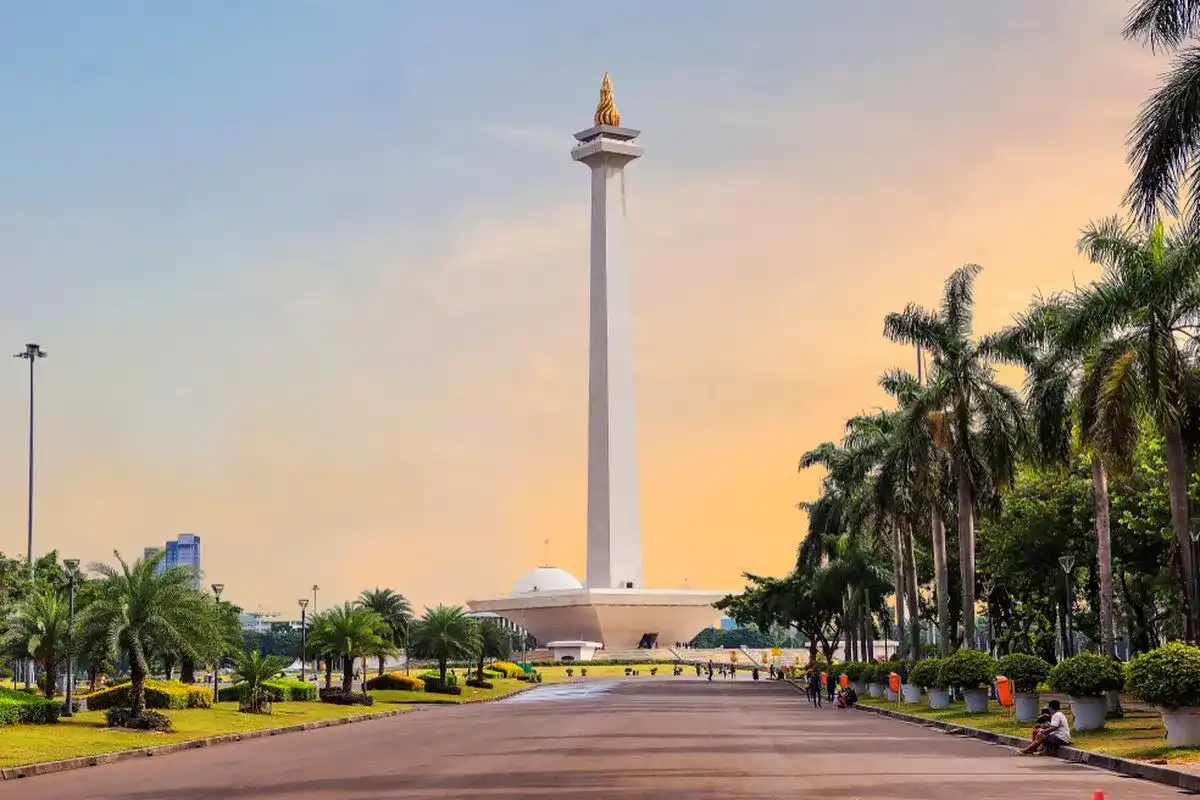

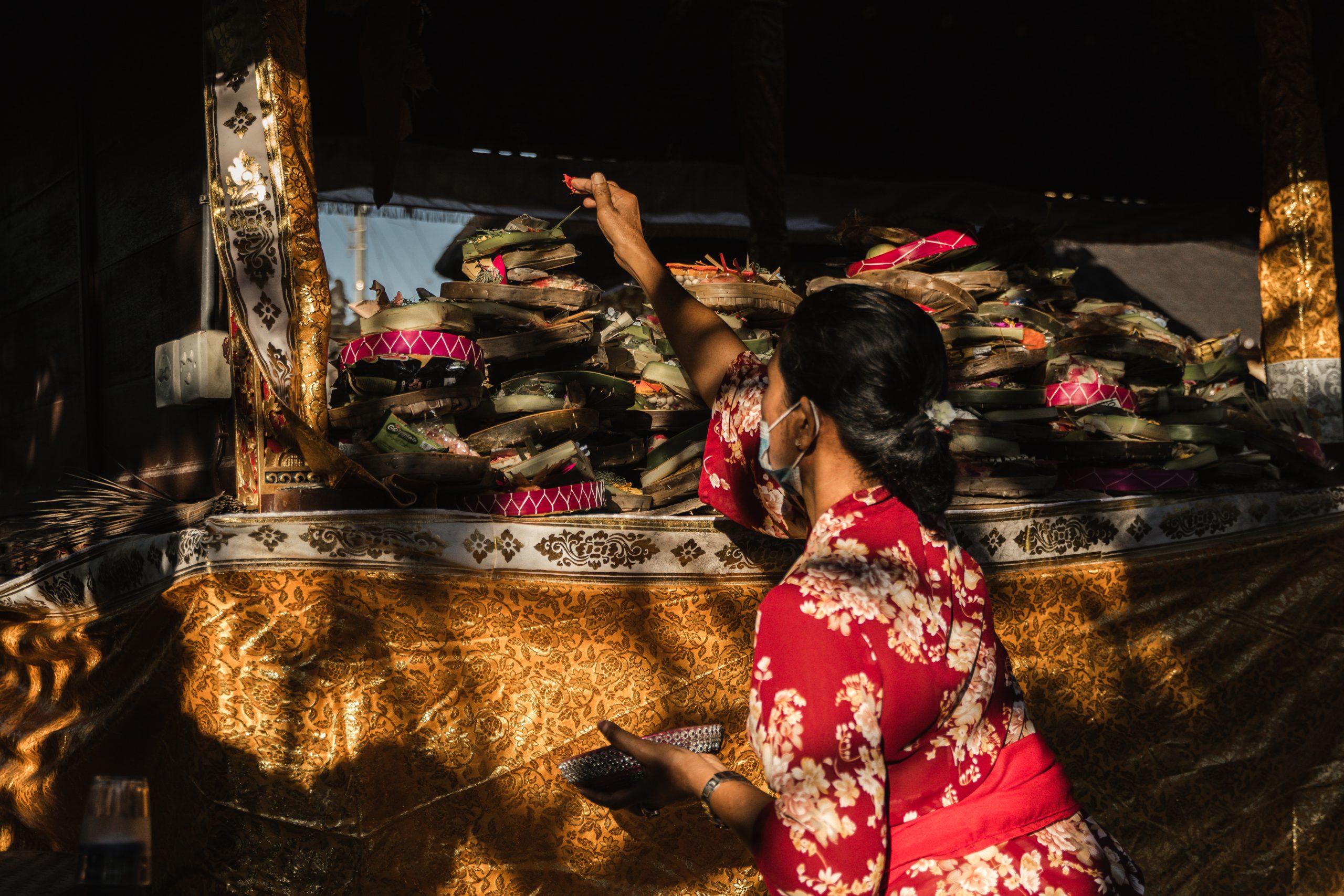
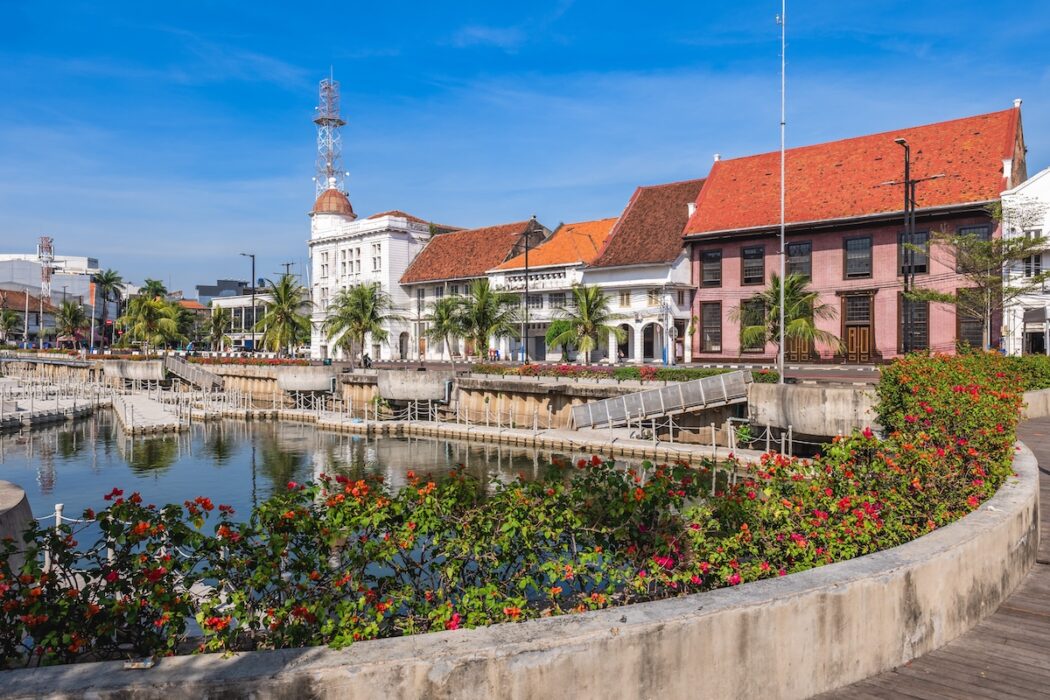
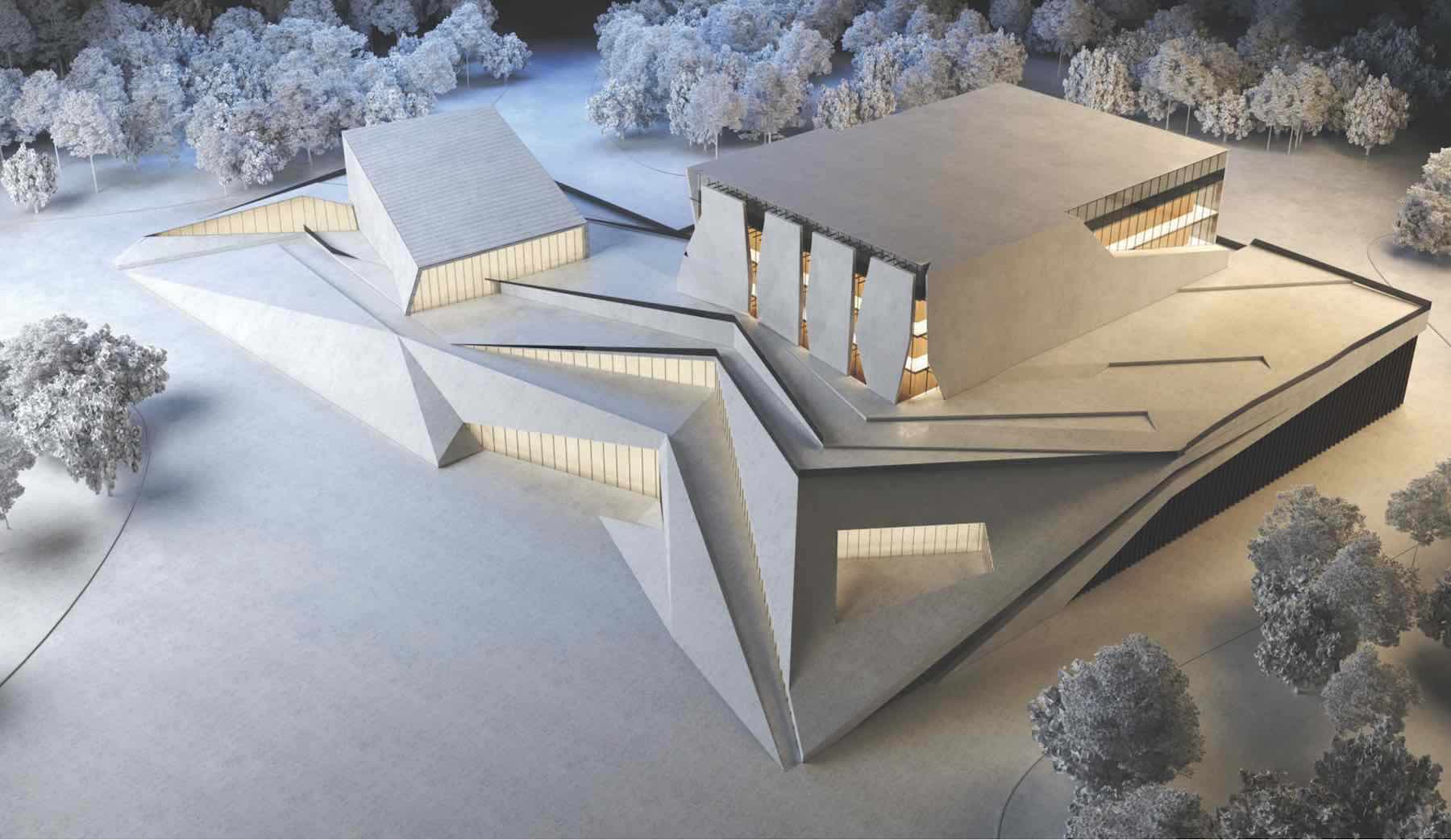






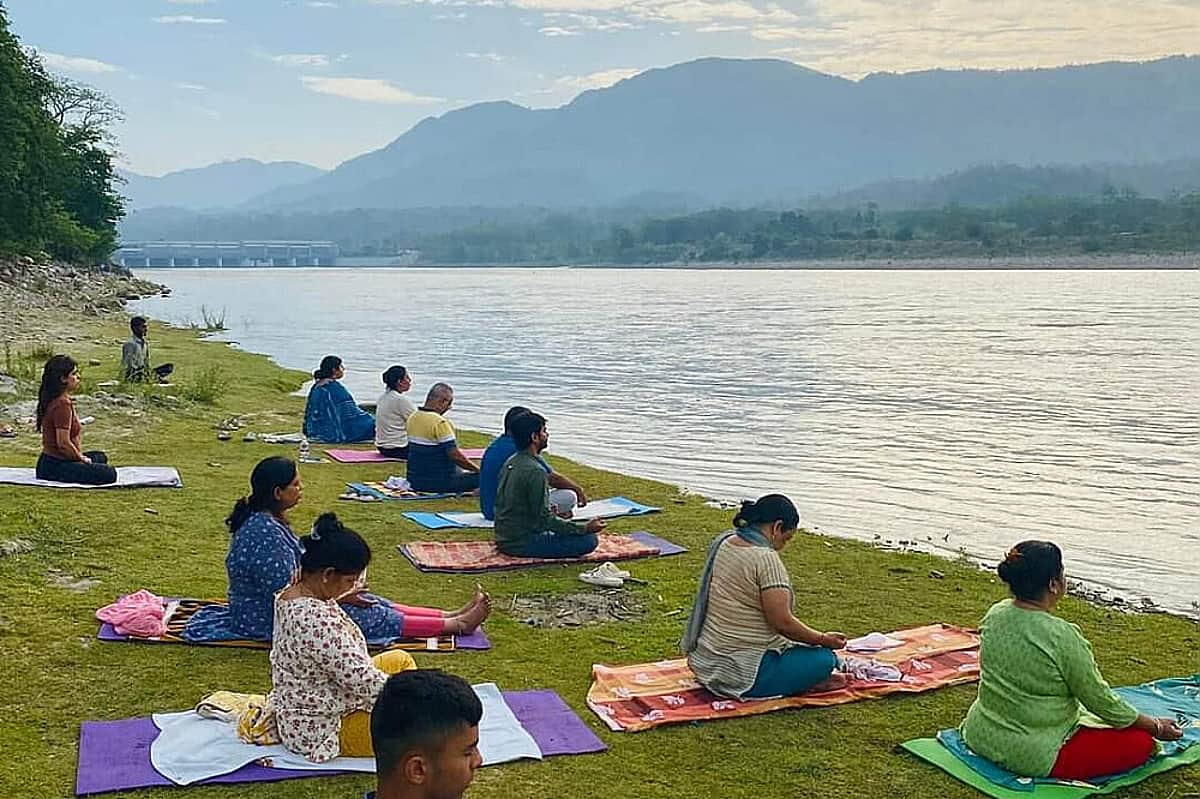
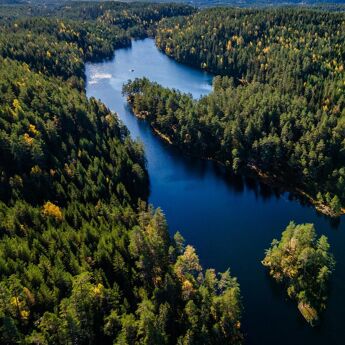

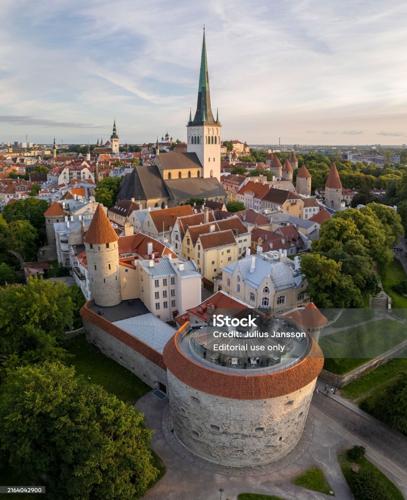

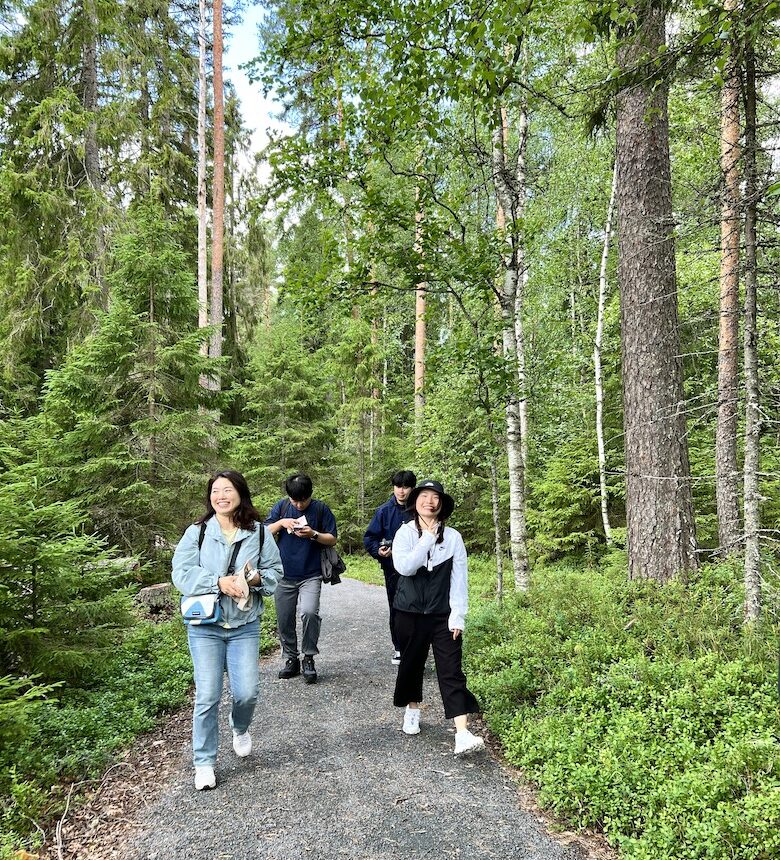

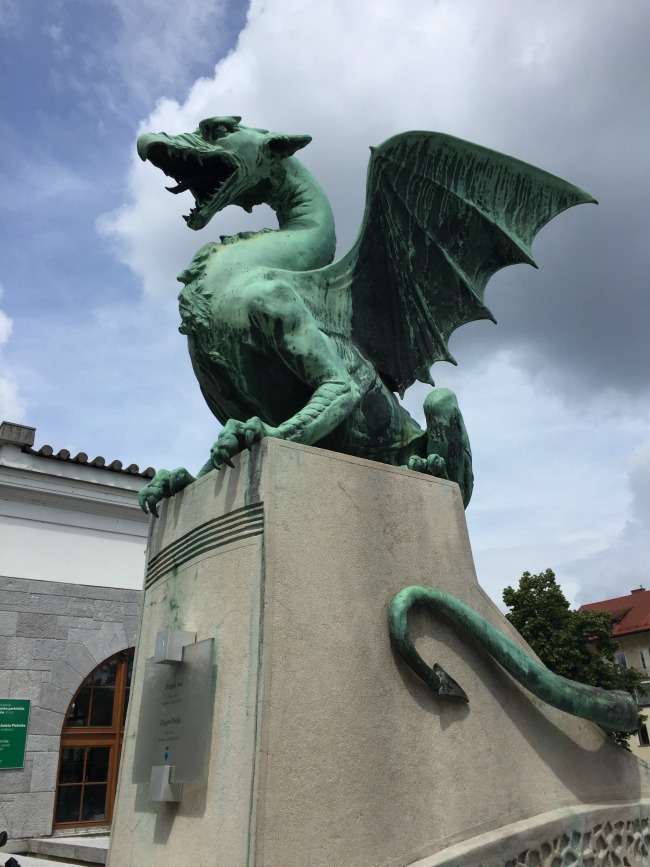

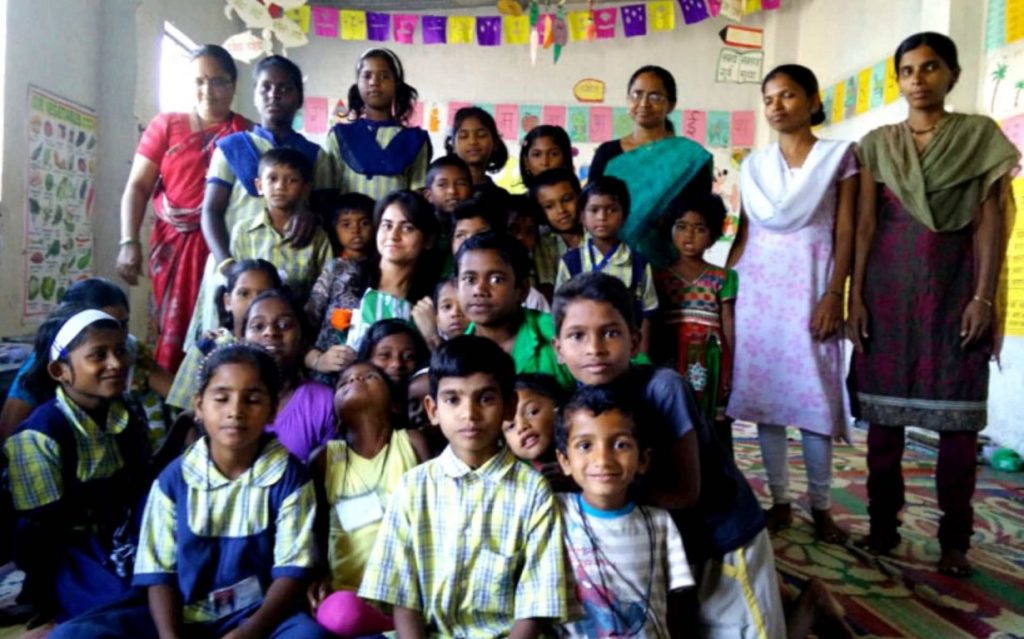
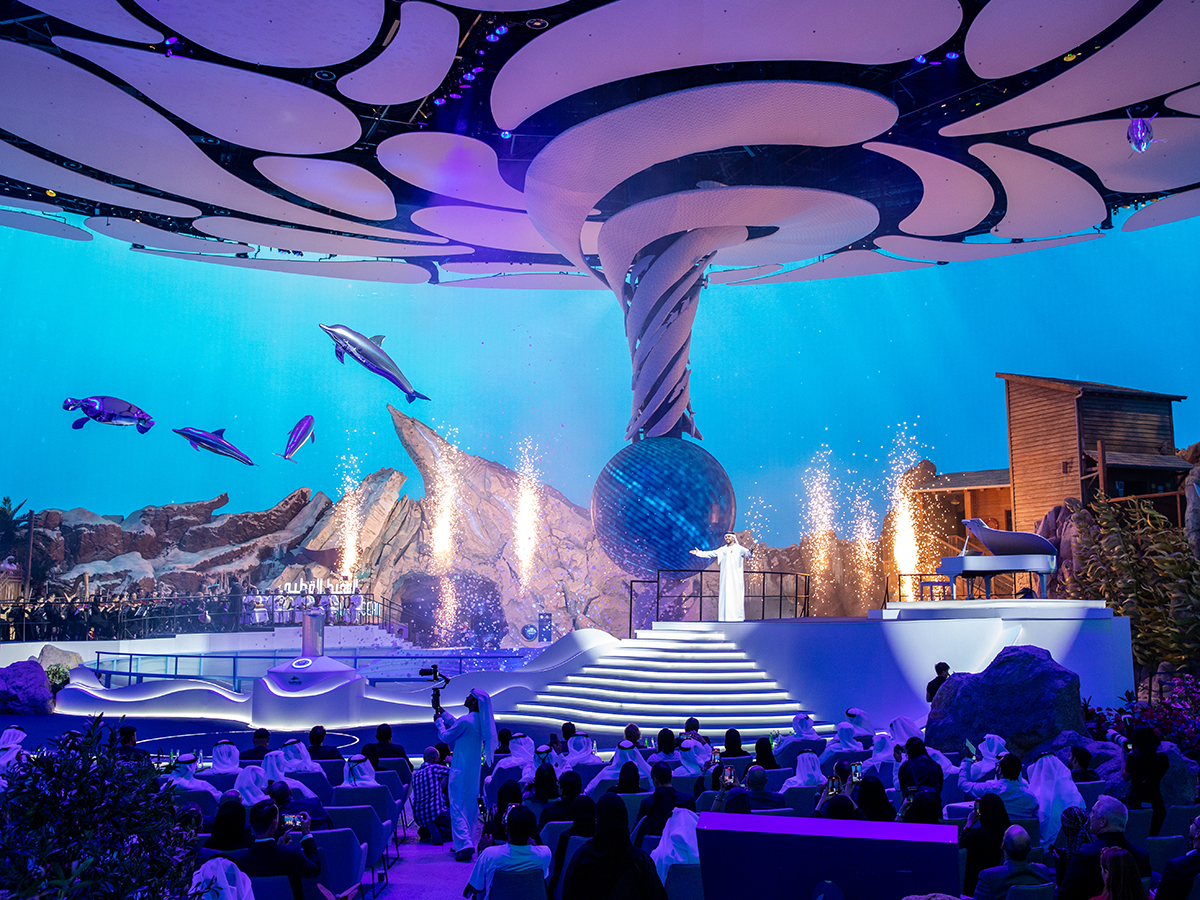
Comments